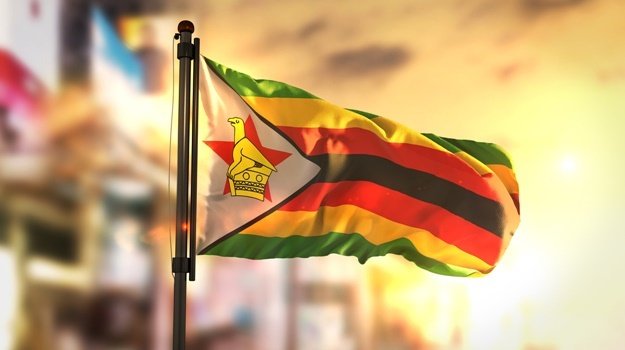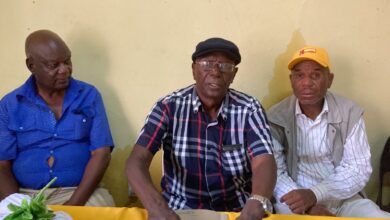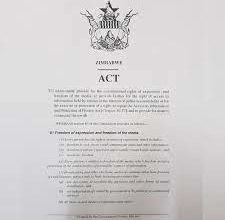‘Zimbabweans hate each other’

Local peace activists have raised concern about the high levels of hate among Zimbabweans due to the country’s ongoing cycle of violence, which hinders efforts to achieve peace and reconciliation.
According to the Coordinator of the National Transitional Justice Working Group (NTJWG), Fortune Kuhudzwe, this hatred is manifesting on social media platforms where hate, trolling, and abuse have taken over.
“If we just go online for less than five minutes you would understand this. The amount of hate that you see online between all of us is something that is very unprecedented,” he said during a discussion on Reconciling for the Future at a civic society symposium hosted by the Public Policy and Research Institute of Zimbabwe (PPRIZ) and the Zimbabwe Christian Alliance (ZCA) on Tuesday.
“We are full of hate as Zimbabweans. We hate each other and that is because of a system of divide and rule that has been employed on us. Starting with the pre-colonial era to the point where we are right now.”
The peace activist added: “We’ve been taught to hate the next person because they are going to take away what is yours. If someone intimidates you or you are not in the same boat as them then you have to hate them and hit them. That’s not how a nation is led.”
Kuhudzehwe backed claims made by another speaker, Blessing Vava from the Crisis Coalition that ‘Zimbabwe is still at war,’ claiming that fighting between the state and citizens who appear to be enemies continues throughout the country.
“It is just sad. Each and every election that we’ve had since 1980 to date, we’ve always had a cycle of violence coming from an unresolved past and that speaks to the future,” he said.
“How can we have guarantees of non-recurrence when we still have the foundation that is laid on violence.”
According to the peace activist, Zimbabweans have come to understand and accept the language of violence, which has become normalized in society, including schools and homes.
“For someone to understand what’s happening, there has to be a bit of violence and we take this for granted. But at the end of the day, it’s what we now start to understand as the normal way of dealing with problems and dealing with conflicts,” Kuhudzehwe lamented.
“If you look at the Armed Conflict Local Event Data (ACLED) database, it will show you that Zimbabwe is the most violent country in Southern Africa. Check the statistics, in terms of political violence, Zimbabwe is the most violent in sub–Saharan Africa. That does not translate well into peace and reconciliation.”
Despite the presence of several reconciliation initiatives in the country, Kuhudzewe added, new violations continued to emerge.
“As much as we want to try reconcile, we have the National Peace and Reconciliation Commission plus activities that are done by civil society, churches and all other institutions, it defeats the whole purpose if we then keep on having new violations that come up and that is also another sad reality,” said the peace activist.
He went on to say that the violence was caused by a lack of a sense of belonging as Zimbabweans.
“Do we have a sense of belonging or not? Some people somewhere have decided that the best way of dealing with that is to legislate patriotism. To me that is so absurd, patriotism is a feeling, how do you legislate a feeling? Are you able to legislate a feeling or write a contract with your partner that we are in this civil partnership. So, if you don’t behave like this, I’m going to do that,” stated Kuhudzewe.
“You can’t legislate it because it’s a feeling. The true question is why are people not patriotic. Why is it that we don’t have that sense of freedom? That’s the actual question, which should be dealt with instead of legislating something that cannot be legislated.”





